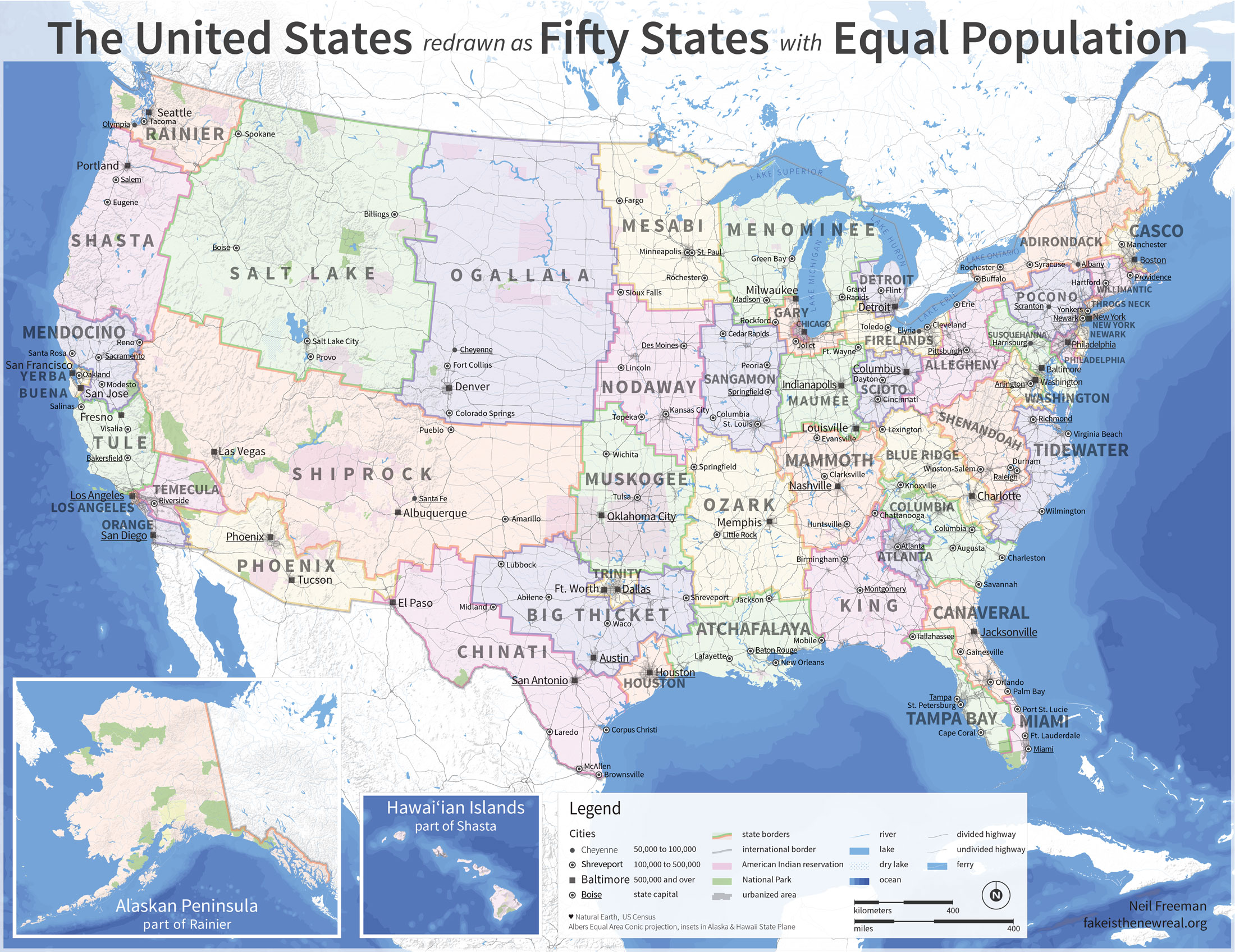lpetrich
Contributor
The Senate is a much bigger problem than the Electoral College - Vox
After discussing the Electoral College, the article gets into the Senate. It has two members per state, and they were originally elected by state legislatures. The 17th Amendment, ratified in 1913, made Senators elected by each state's voters instead. I've seen some right-wingers call for returning to the Senate's original electors.
The Senate started out by working by majority vote, and that is what's in the Federalist Papers. The filibuster emerged in the 19th cy. and was not used very much for a long time. Mainly on anti-lynching and civil-rights bills, however. Senate rules allow for "cloture", a vote to end debate on some measure. The cloture rule was established in 1917, and it was originally 2/3 of Senators that are present.
Since the Senate is two Senators per state, it effectively overrepresents inland rural states. As AOC said about the Electoral College, it's a form of affirmative action.
One can work around the Electoral College by the states agreeing on something like National Popular Vote, but the Senate is more difficult.
After discussing the Electoral College, the article gets into the Senate. It has two members per state, and they were originally elected by state legislatures. The 17th Amendment, ratified in 1913, made Senators elected by each state's voters instead. I've seen some right-wingers call for returning to the Senate's original electors.
The Senate started out by working by majority vote, and that is what's in the Federalist Papers. The filibuster emerged in the 19th cy. and was not used very much for a long time. Mainly on anti-lynching and civil-rights bills, however. Senate rules allow for "cloture", a vote to end debate on some measure. The cloture rule was established in 1917, and it was originally 2/3 of Senators that are present.
Filibusters originally took the form of Senators talking and talking and talking, but a recent change was "holds", where a Senator could threaten to do that. Sort of like the fake war in ST:TOS "A Taste of Armageddon".In 1975, the cloture threshold was lowered to three-fifths of all senators. In the decades following this, the prevalence of bills and nominations blocked by filibusters greatly increased. At the same time, Congress has created several exceptions to the filibuster rules, most notably the increasingly used “reconciliation” rules, which allow bills affecting the budget to be passed by majority vote, and, in the past decade, the abolition of supermajority requirements for all presidential nominations.
Since the Senate is two Senators per state, it effectively overrepresents inland rural states. As AOC said about the Electoral College, it's a form of affirmative action.
One can work around the Electoral College by the states agreeing on something like National Popular Vote, but the Senate is more difficult.
One would need to override that provision before doing something like altering the Senate's composition or abolishing it.Compared to this, the challenges to fixing or abolishing the Senate are much bigger. There is no plausible fix like the NPV without a constitutional amendment. Furthermore, Article 5 of the Constitution states that “no state, without its consent, shall be deprived of its equal suffrage in the Senate.” This appears to imply that even an ordinary constitutional amendment couldn’t change the way Senate seats are allocated or abolish the body.


 ]
]